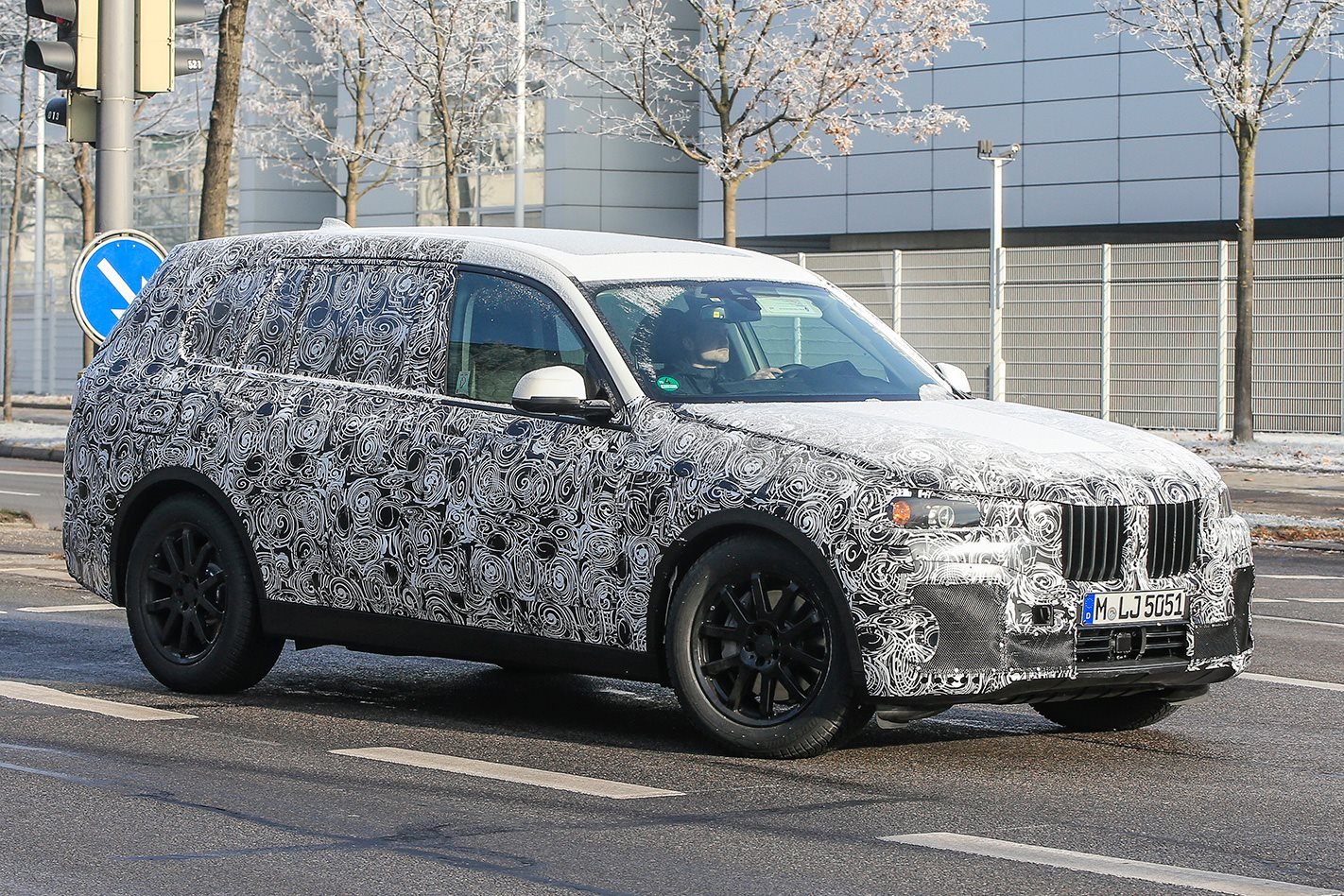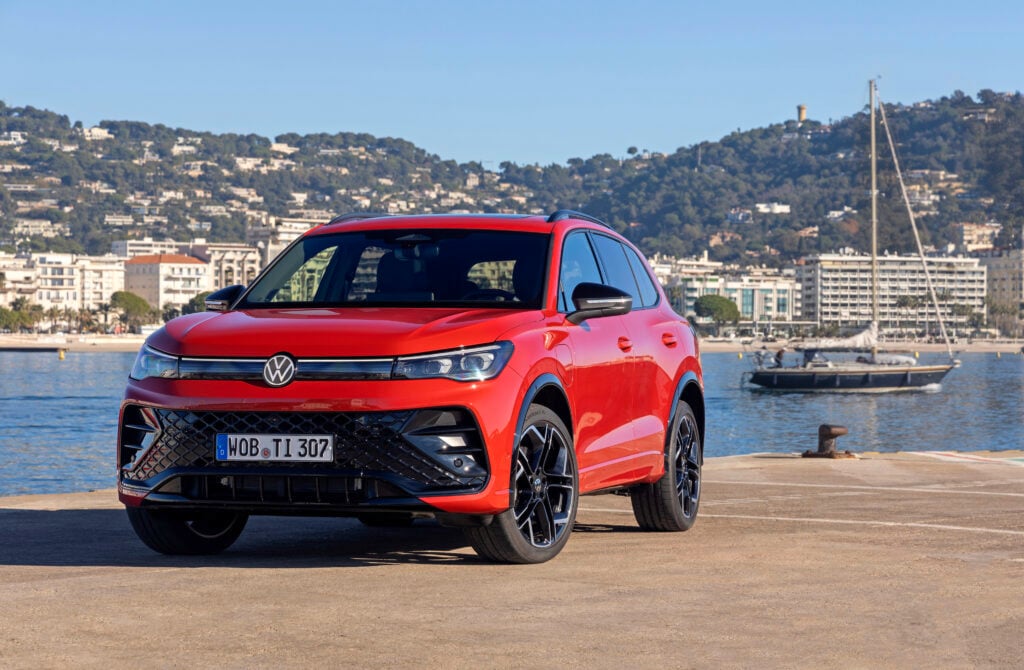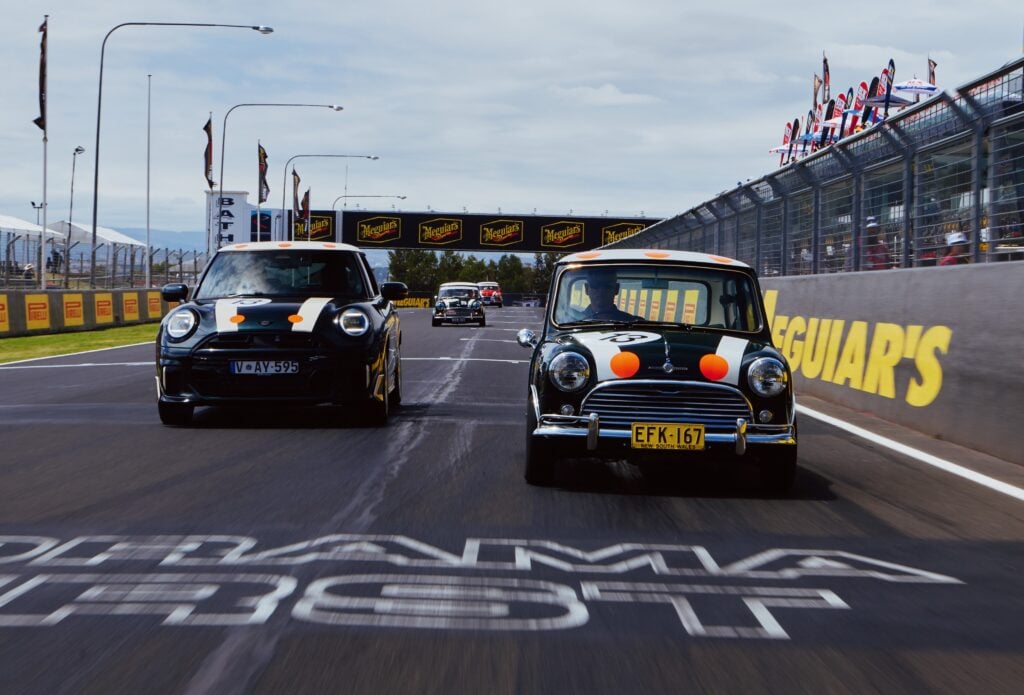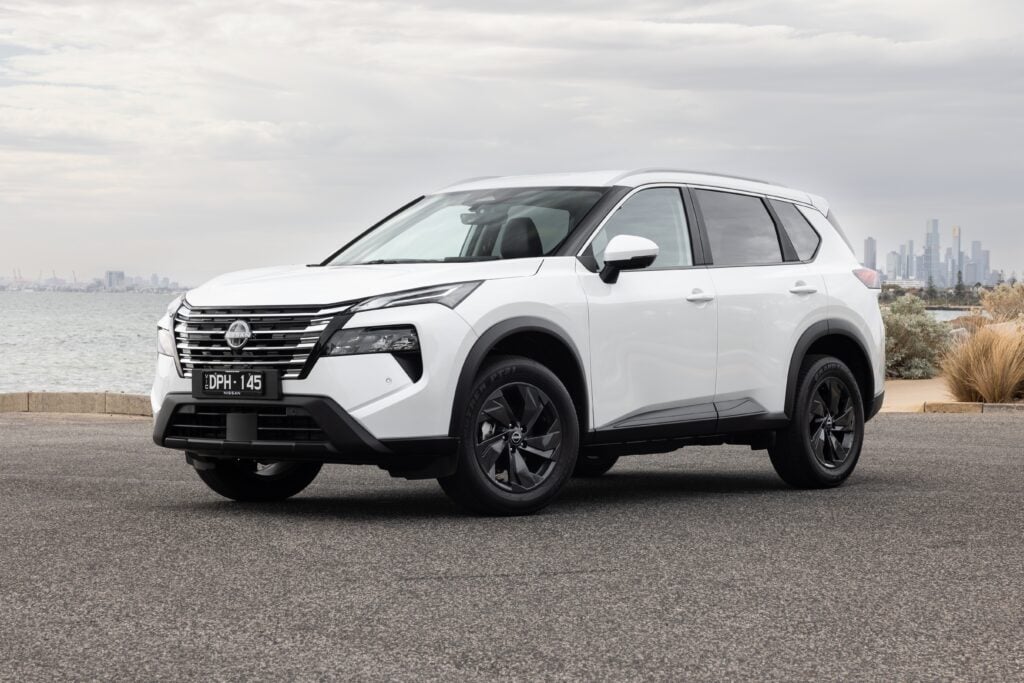BMW will use its strong SUV sales to help fund a push for a larger stake in the high-margin upper luxury segment, the German carmaker says.
As well, the company has flagged it is about to roll out even more electric and hybrid fuel cell models as it plans for changing global emissions laws and shrinking fossil fuel supplies.
Speaking at the group’s annual results announcement in Munich last night, BMW chairman Harald Krüger said the BMW X7 (spied testing at top) would be the first of a number of “new and emotional models” the carmaker would roll out aimed at earning better margins for the brand.
It would also leverage its “i” sub-brand and M Performance division to grow sales in the segment, Kruger said.
The announcement comes as the BMW Group, which owns brands including BMW, Mini and Rolls-Royce, posted an after-tax profit of €6.4 billion in 2016, up eight percent on the previous year’s result.
Kruger also used the annual results announcement to reinforce the carmaker’s battery-powered strategy, saying that similar to how the cars it builds today are designed to take either conventional or hybrid drivetrains, all its future ones will be able to have either an electric motor or conventional engine powering them.
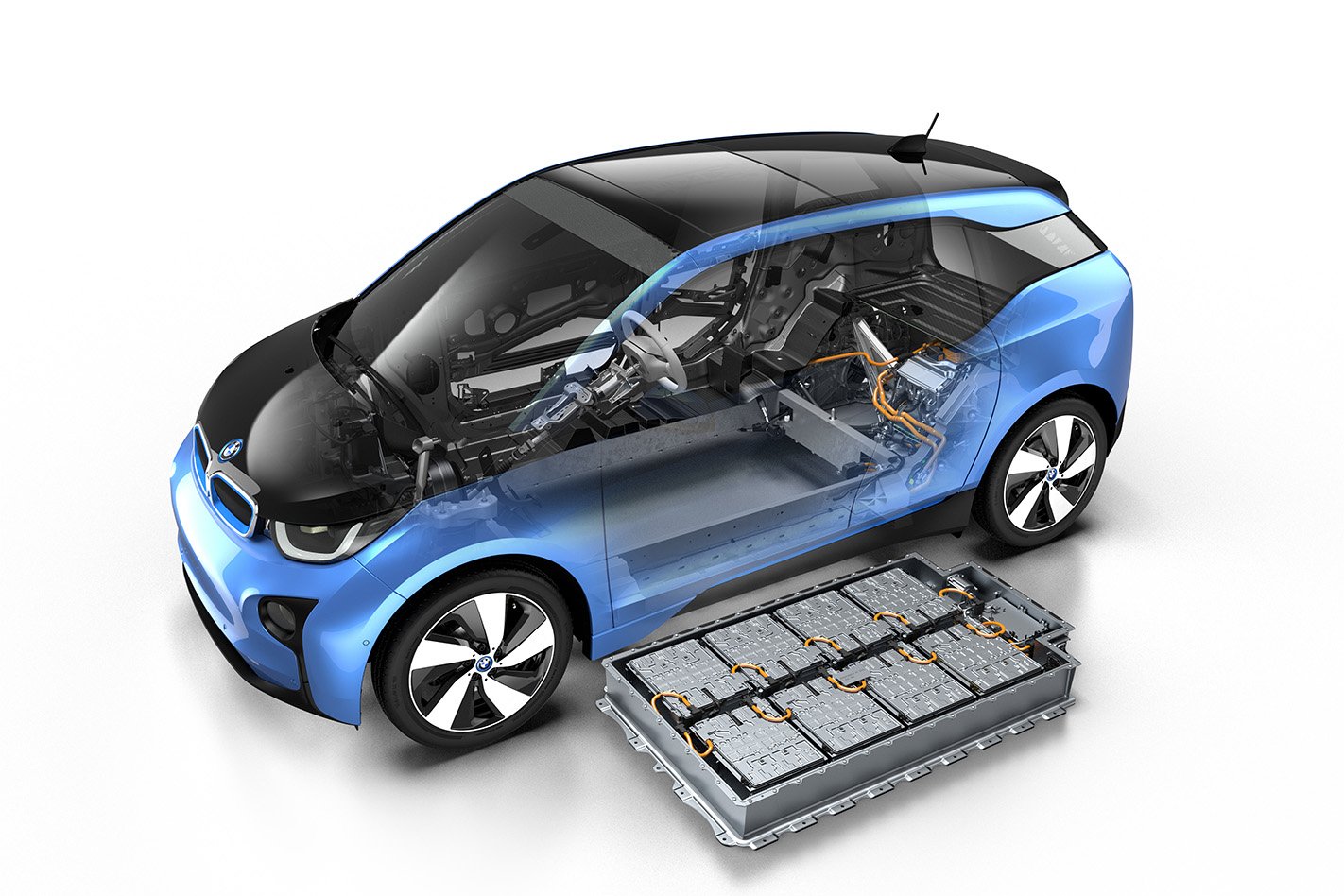
“The fully electric drivetrain will be integrated into our core brands, with an all-electric Mini in 2019, and an all-electric BMW X3 in 2020,” he said.
“Soon, range will no longer be a differentiating factor. We are already concentrating on achieving an optimum balance between all relevant features: safety, range, and duration and life of the battery.
“At the same time, we are also working on fuel cells. These are particularly well-suited to larger model series and long distances. We plan to produce a low volume series in 2021, and we will be able to offer vehicles with fuel cells from 2025,” he said.
“Also by 2025, all our vehicles with combustion engines will be fitted with 12 and 48-volt energy recovery systems.”
According to Kruger, the ability to fit future models with either a conventional engine or electric motor was “a result of our project i”.
“From 2020, project i 2.0 will enable us to introduce a pure battery-electric model for our model series,” he said. “To achieve this, we are now gearing our architectures towards combustion engines and pure battery-electric drivetrains.”
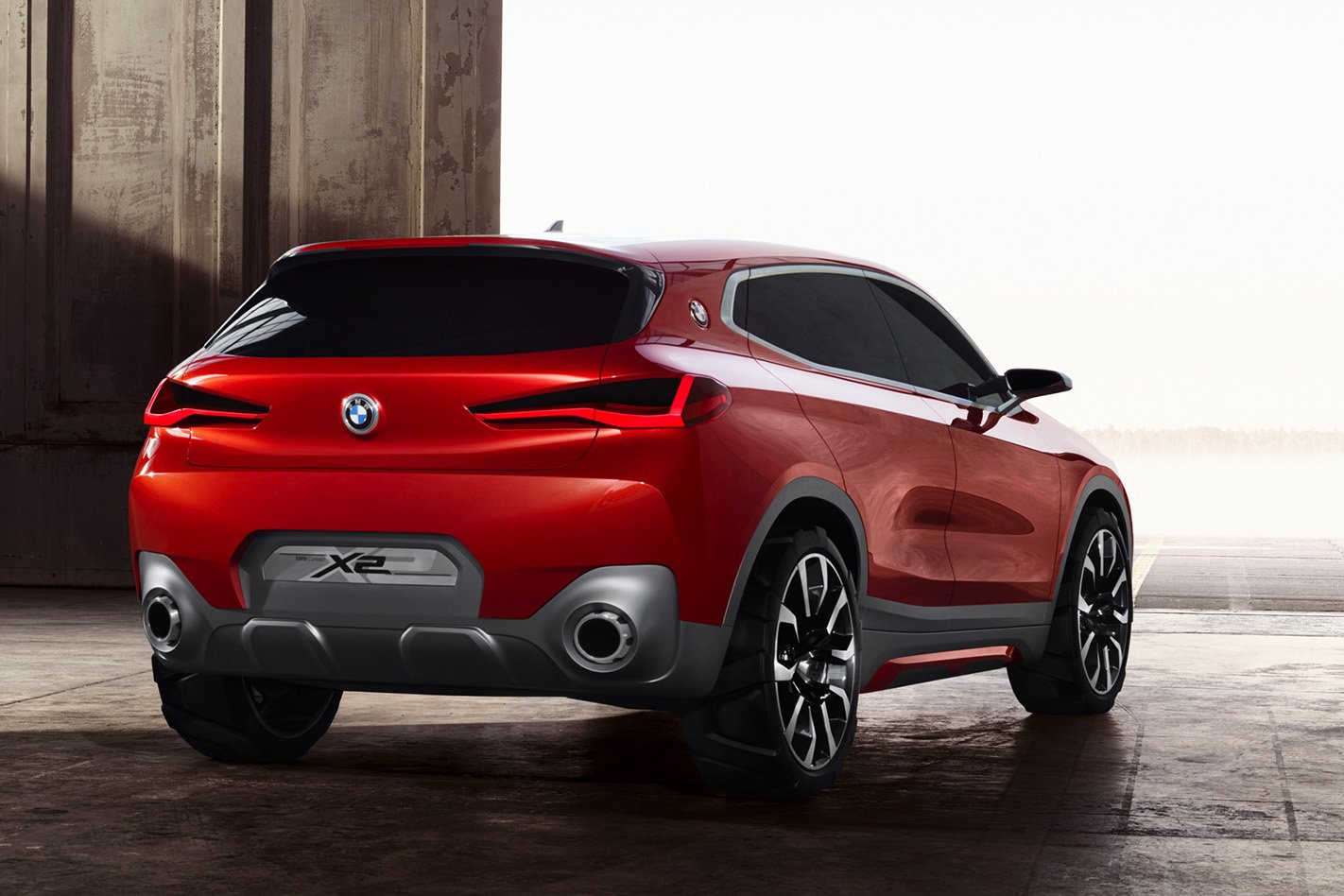
BMW plans to launch the Audi Q2-fighting X2 compact SUV next year, the same year as the X7, a large luxury SUV to take on the likes of the upcoming Audi Q8 and the Mercedes-Benz GLS-Class, is expected to arrive.
The X2 (previewed in concept form above) is another fastback coupe-style SUV in the mould of the BMW X4 and X6, but differs in that it is built on the German carmaker’s UKL front- and all-wheel-drive architecture, and not a rear-drive platform.
The BMW X7, meanwhile, is expected to have its premiere this year ahead of a global rollout in 2018 – including Australia. It will be built in the US as BMW’s South Carolina plant alongside all of the brand’s other crossovers bar the German-made X1.
A significant update to the X3, the brand’s fourth best seller last year only a handful of sales behind the 3 Series sedan range and what will become the foundation for BMW’s first all-electric SUV in 2020, is due later this year.
In Australia, one in every two of BMW’s sales for the first two months of this year have been SUVs.

